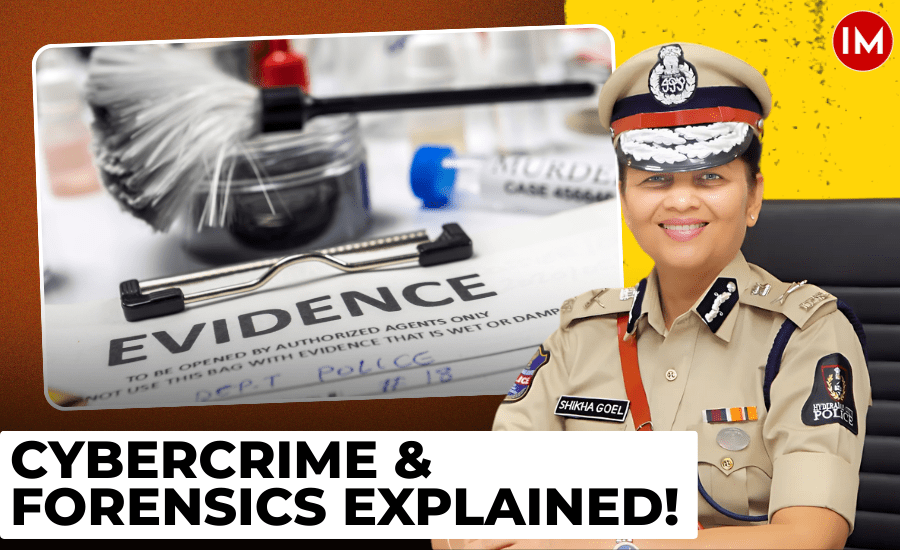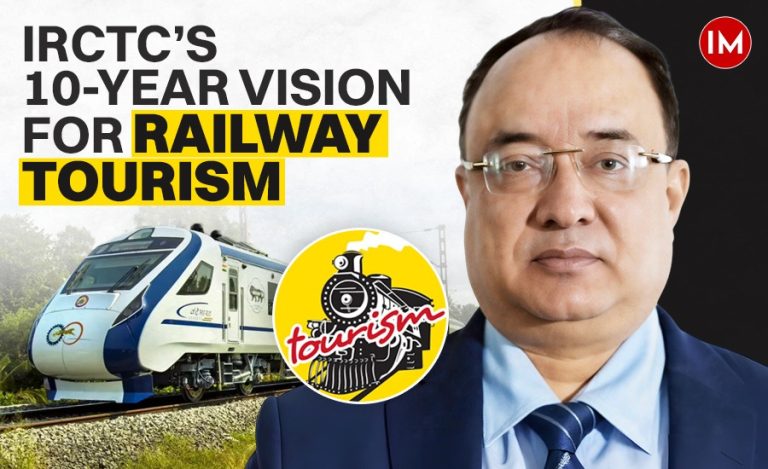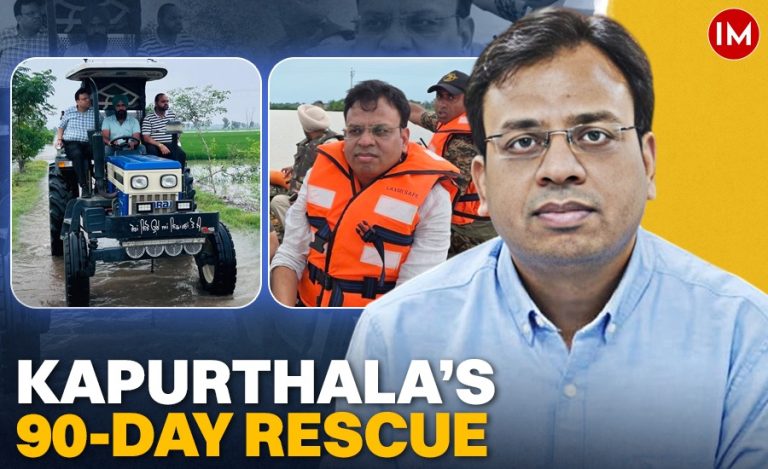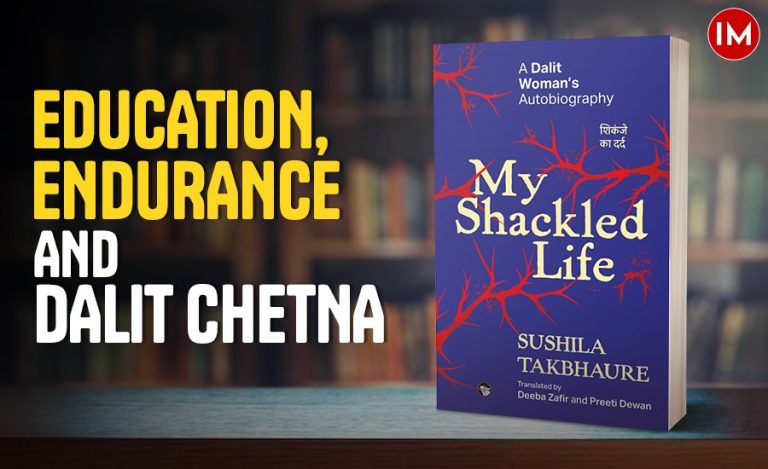When crime dramas and films show forensic experts cracking cases in a matter of minutes, audiences often assume that real investigations are just as quick and dramatic. In reality, forensic science is painstaking, highly technical, and crucial not just in headline-making crimes but also in day-to-day policing.
In an exclusive video interview with Indian Masterminds, IPS officer Shikha Goel, Director of the Telangana Forensic Science Laboratories (FSL), shared how modern forensics actually works and why it plays a vital role in justice delivery.
WATCH THE INTERVIEW HERE.
“Many people don’t fully understand what forensic investigation is,” she says. “At its simplest, evidence collected from a crime scene—like blood, hair, or a weapon—is analysed to connect it with the accused. But the field goes much further.”
Forensic science today encompasses everything from detecting forged documents and invisible writing to polygraph tests, narcotics identification, and DNA analysis. It also extends into digital forensics, where phones, hard drives, CCTV footage, and even deleted files are examined. “Criminals often destroy devices, but with advanced equipment, we can recover even heavily damaged data,” Ms Goel explains.
The work is far from glamorous. Evidence often arrives degraded, making analysis extremely challenging. She recalls a factory fire near Hyderabad where bodies were so badly burnt that DNA extraction was like working with material “cooked in a pressure cooker”. Still, her team managed to match samples with family members, helping with identification.
Unlike TV shows, results are not instant. Forensic experts must spend long hours testing, documenting, and preparing reports that can withstand court scrutiny. They also testify in trials, where every detail is questioned by the defence.
Technology, however, has transformed the field. “Decades ago, DNA reports took months. Now, with advanced AI-enabled equipment, results can come within a day. Digital forensics, which didn’t exist when I began my career, is now one of the fastest-growing areas.”
Recently, Telangana’s FSL was accredited as a Government Examiner of Electronic Evidence under Section 79A of the IT Act. This recognition strengthens accountability and ensures procedures meet national standards.
Looking ahead, Ms Goel believes the biggest challenge lies in cybercrime. “Crimes online know no borders. Money can move through hundreds of accounts in minutes, often leaving the country. What we need is stronger national and international cooperation so that law enforcement can respond with equal speed.”
For young officers entering the service, her message is clear: “Be professionally competent, stay updated, and adopt a proactive approach. New-age crimes demand that we stay a step ahead.”
































